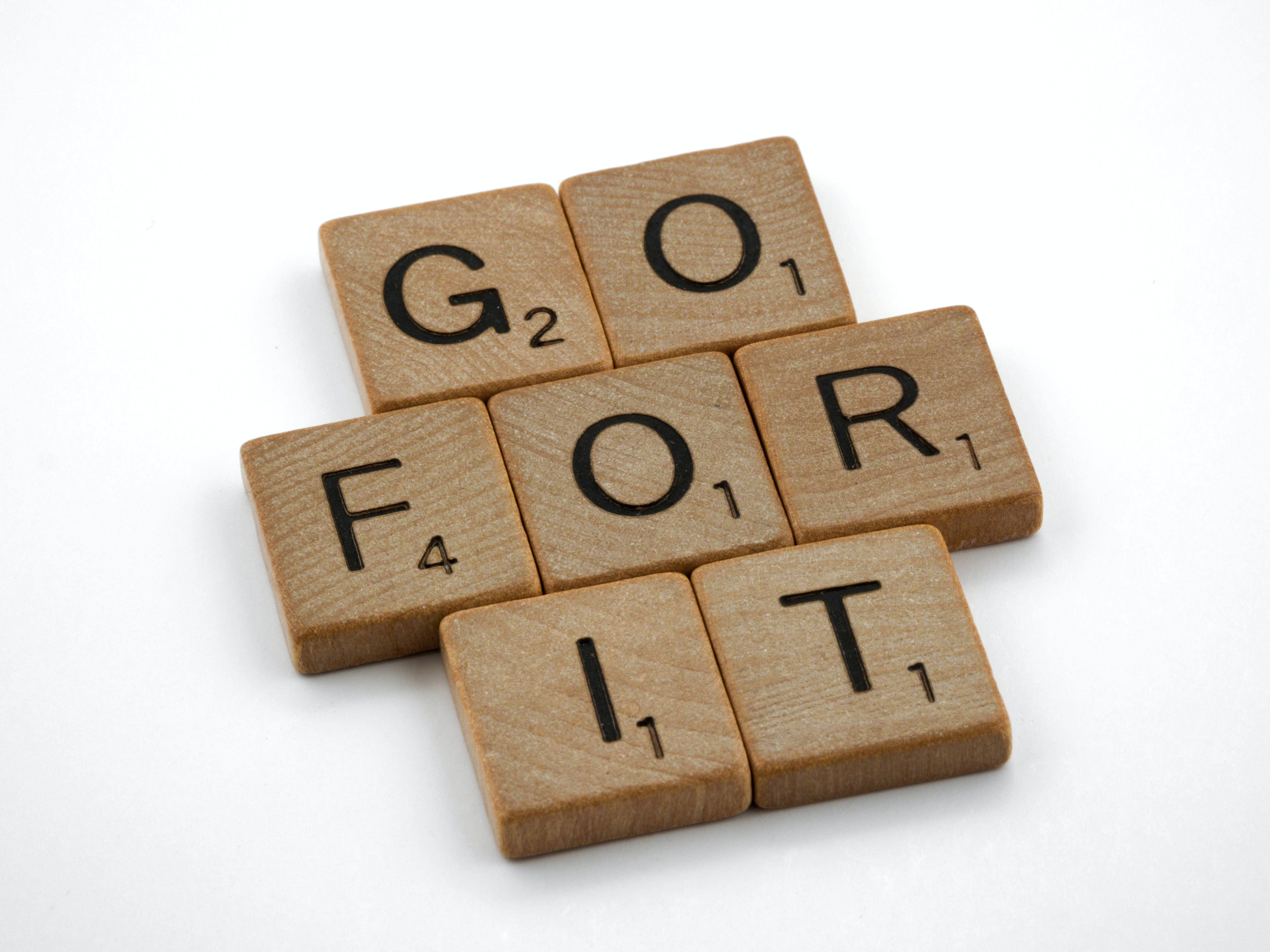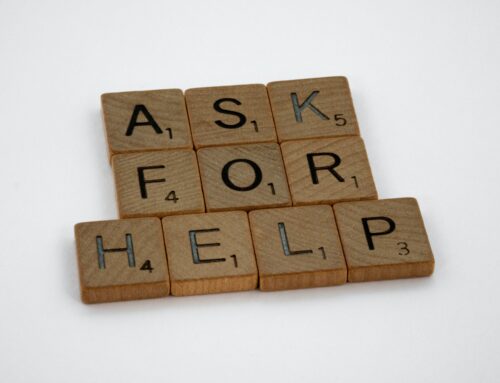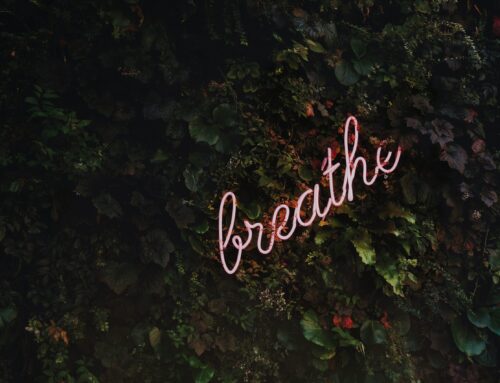Stressed?
Overwhelmed?
Unmotivated?
Anxious?
Depressed?
Find it hard to get going?
Do something. Anything. Load the dishwasher. Unload the dishwasher. Make a list. Open the mail. Put something away. Take a walk. Stretch. Text a friend. Return a call. Make a call. Organize a drawer. Take ten deep breathes. Do ten squats.
Most of these actions would take less than five minutes. It feels good to do things, even small things. Action tends to beget more action. If you load the dishwasher you are more likely to then also wipe down the counter. If you open the mail, you are more likely to also put the papers away or recycle the junk mail. If you stretch, you are more likely to do some other physical activity as well, or you might do the same physical activity longer than you originally set out to do.
Inaction feeds more inaction and drains motivation. Inaction in the form of avoidance feeds anxiety and inaction in the form of withdrawal feeds depression. Inaction and lack of problem solving increases stress and robs you of building the “challenge response” muscle which helps manage stress.
The antidote to all of these things is action. Really any kind of productive action. Small actions may seem inconsequently, but the opposite is true. We learn and change by taking small actions towards our goals, consistently. We create significant change in small increments with repeated actions. And the good news is that small actions are easier to take and to maintain. Starting to go to the gym for an hour four times a week may feel like a bigger stretch than doing ten squats while your coffee brews each morning, or walking the dog around the block after work.
Start with one simple action. Anything, no matter how small. In fact, I encourage you to start small. Pick something that takes at most five minutes and that you are confident you can do. You can tolerate just about anything, even if unpleasant, for five minutes. Think of something you’ve wanted to start or do that you haven’t. Now think about what you could accomplish if you did something toward that end for a simple five minutes. You could get something cleaned or organized. You could start moving your body. You could reach out to someone. You could organize a project into steps. It probably will feel good to take that step. You will realize that wasn’t that bad or that difficult. This realization encourages you to do it again. Then do it again, and again. Before you know it, you’re taking that small action consistently.
Small acts consistently applied create big change. Chipping away at the big goal happens in bite size pieces that are manageable and less overwhelming. Once you start, you are likely to continue. The hardest part is starting. Make it easier by starting small. This builds feelings of success, which is motivating.
Here are some titles to support small, consistent action:
Feel Better in 5 by Rangan Chatterjee
Just One Thing by Rick Hanson
Start today. What small action will you take?






